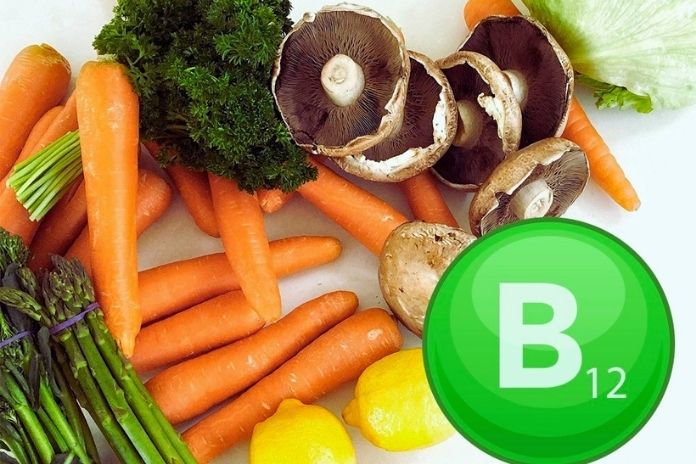Vitamin B12 plays a vital role in our health, and a lack of this vitamin can affect both your mental and physical health. Find out which vegetables are rich in vitamin B12 and how to make them part of your daily life.
Most adults get enough B12 through their diet. Still, it is common for older people to have some level of vitamin B12 deficiency, as well as vegetarians and especially vegans, as it is found in large amounts primarily in meat, dairy, and eggs.
First of all, check out the foods rich in vitamin B12 and see the main benefits of vitamin B12 for health.
This cobalt-containing B-complex vitamin, nutritionally known as cobalamin, is essential for producing red blood cells and growth and development, particularly in children.
It is mainly present in meat, eggs, and dairy because there is only one source of vitamin B12, which is the bacteria that synthesize these foods. That is why more and more research is being carried out to determine whether there are vegetables rich in vitamin B12.
Potential Vegetables Rich In Vitamin B12
There are some plant sources of vitamin B12, but there are still controversies on this subject. Among these sources are underwater vegetables, such as algae and fermented soybeans.
Although some studies agree that these foods may contain this B-complex vitamin, they are in such small amounts that they are not viable.
Research carried out in Japan showed that adding an organic fertilizer such as cow dung significantly increased the vitamin B12 content of spinach leaves. This corresponds to approximately 0.14 ug / 100 g of your fresh weight.
However, consumption of several hundred grams of fresh spinach would be insufficient to meet the nutritional recommendation of 2.4 ugs per day for adults.
In addition, other research indicates that most organic fertilizers, especially those made from animal manure, contain considerable amounts of inactive corrinoid compounds, compounds that are also present in human feces, where they account for 98% of the total content.
Fermented Vegetables
The vitamin B12 content is very small or even undetectable. However, a fermented soy-based food called tempeh contains a considerable amount of vitamin B12, about 0.7-8.0 ug/100 g.
Bacterial contamination during tempeh production can contribute to increased vitamin B12 content. Other fermented soy products contain minimal amounts of vitamin B12.
Only small amounts of this vitamin have been found in broccoli, bean sprouts, and other vegetables.
Although this vitamin has been found in several types of tea leaves, research has concluded that they are not enough to meet the daily recommendation of 2.4 ugs per day for humans.
Considering the absorption mechanism of vitamin B12, the ideal is three grams of chlorella, which is the equivalent of a teaspoon/ or approximately six tablets that should be taken in the morning and at night to cover the daily needs.
Indirectly Fortified Vegetables
There is evidence that some populations receive vitamin B12 from vegetables due to ingesting unwashed vegetables that have often been indirectly fertilized with human feces.
Directly Fortified Vegetables
Some diets specifically exclude meat, dairy, and eggs, particularly the vegan diet.
To ensure that people who follow these diets do not suffer from vitamin B12 deficiencies, fortified foods that include dried, raw, and prepared vegetables are especially indicated.
Conclusion
Vitamin B12 is found naturally in animal products such as poultry, milk, other dairy products, fish, meat, and eggs.
This vitamin is usually not present in plant foods, but fortified breakfast cereals are a good source of this vitamin, as is nutritional yeast.
Therefore, it is essential to take measures to guarantee sources of B12 vitamins that are not through vegetables, especially in the case of people who follow a vegan diet, since no food derived from plants contains enough vitamin B-12, that is, there are vegetables rich in vitamin B12 indeed.
Also Read: Sustainable Nutrition: 12 Tips To Follow

